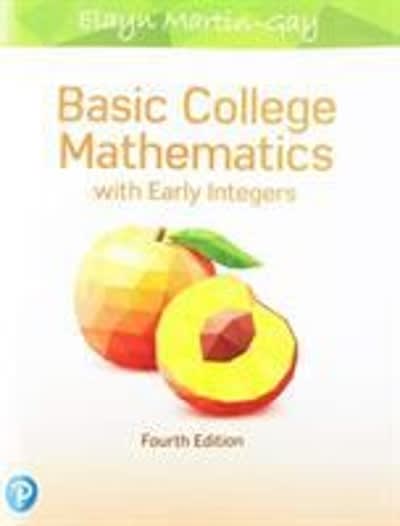Question
Consider a random quadratic equation Ax2 + Bx + C = 0, where the coefficients A, B and C are independently uniformly distributed on the
Consider a random quadratic equation Ax2 + Bx + C = 0, where the coefficients A, B and C are independently uniformly distributed on the interval [0, 1]. Recall that roots of this (random) quadratic equation are real if and only if the discriminant D = B2 4AC 0. (a) Obtain the expected value E(D) of the random variable D. (b) Obtain the standard deviation sd(D) = p V ar(D) of the random variable D. (c) What is the probability that the roots are equal, i.e., Pr(D = 0)? (d) (Bonus) What is the probability that the roots are imaginary, i.e., P(D < 0)?
Step by Step Solution
There are 3 Steps involved in it
Step: 1

Get Instant Access to Expert-Tailored Solutions
See step-by-step solutions with expert insights and AI powered tools for academic success
Step: 2

Step: 3

Ace Your Homework with AI
Get the answers you need in no time with our AI-driven, step-by-step assistance
Get Started


